Personal Loan vs Loan Against Property: Which is Better?
Explore the differences between Loan Against Property and Personal Loan. Know about the eligibility, loan amount, interest rates, tenure, and make informed decision.
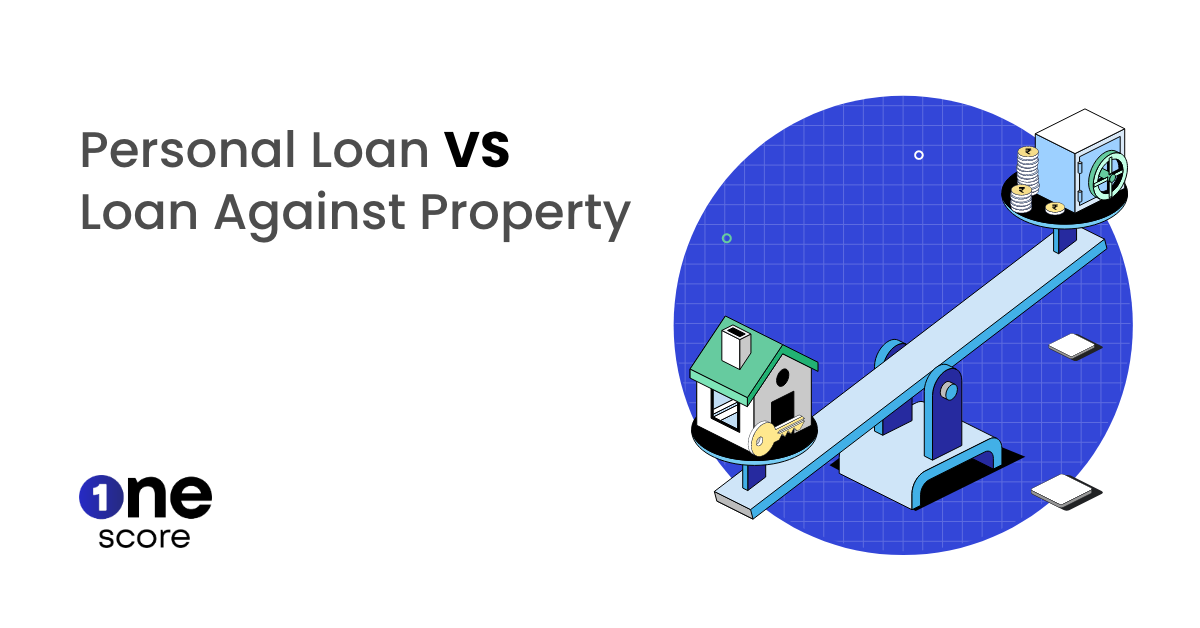
Listen to the article here:
Whether you are thinking of expanding your business or planning a major life event, your savings may not always be adequate to cover such a big expense. You may find yourself in need extra money. That's when borrowing money becomes important. Two common ways to do it are personal loan and taking a loan Against Property. These financial lifelines can provide you with the necessary funds to bring your dreams to life.
But before you borrow money, let's try and understand the key differences between Loan Against Property and Personal Loan. Understanding these options will help you make a smart decision and choose the best path to turn your dreams into reality.
What is Loan Against Property?
Loan Against Property is a loan that is secured by using your property as collateral. It allows you to borrow a percentage of the property's market value, depending on the lender's policies. The property can be residential or commercial, and the loan amount will depend on the value of the property and your creditworthiness.
For example, you've been dreaming of expanding your business and opening a new office space, but you lack funds. In this scenario, a Loan Against Property could be a viable solution. By leveraging the value of your property, you can secure a loan that can be used to finance your business expansion.
What is a Personal Loan?
A Personal Loan is an unsecured loan that does not require any collateral. It provides you with a lump sum amount that can be used for various purposes, such as wedding expenses, home renovation, or medical emergencies. Personal Loans are typically granted based on your income, credit history, and repayment capacity.
Also read: Learn how to choose the best personal loan
| Feature | Loan Against Property | Personal Loan |
|---|---|---|
| Security | Property | No security |
| Loan amount | Higher | Lower |
| Interest rate | Lower | Higher |
| Tenure | Longer (5-20 Yrs) | Shorter (1-5 Yrs) |
| Eligibility criteria | Good credit score & Collateral | Good credit score |
**Eligibility Criteria**
The eligibility criteria for a loan against property and a personal loan are quite similar. Both types of loans generally require a good credit score and a stable source of income. However, the main difference lies in the collateral requirement. To get a loan against property, you need to own a property without any legal issues.
To be eligible for a personal loan, you will typically need to have a good credit score and a steady income. However, you do not need to own any property.
**Loan Amount**
The loan amount that you can avail of a loan against property will depend on the value of your property and your creditworthiness. It offers higher loan amounts since it is secured against the property. The loan amount can range from 40% to 70% of the property's value.
The loan amount you can avail of a personal loan typically ranges from a few thousand to a few lakhs, depending on your income and creditworthiness.
You can use the Personal Loan EMI calculator in the OneScore app , to better plan your payments.
**Rate of Interest**
The interest rate on a loan against property is typically lower than the interest rate on a personal loan. This is because the lender has a lower risk of default when you offer your property as collateral. While because there is no security or collateral in a Personal Loan, it is given on a higher interest rate as it carries a higher risk for lenders.
**Security/Collateral**
A loan against property is secured by your property. This means that if you default on your loan, the lender can take possession of your property. A personal loan is not secured by any collateral. This means that if you default on your loan, the lender cannot take any possession of your assets. A personal loan is a more accessible option for individuals without valuable assets like a property or anything to keep as collateral.
**Tenure**
The tenure of a loan against property typically has longer repayment tenures, ranging from 5 to 20 years, allowing you more time to repay the loan.
A personal loan generally has shorter tenures, ranging from 1 to 5 years.
**Which is Better: Personal Loan vs Loan Against Property ?**
Choosing between Loan Against Property and Personal Loan depends on your specific needs and financial situation. Loan Against Property is suitable when you require a large loan amount and are willing to offer your property as collateral. On the other hand, Personal Loans are ideal for smaller amounts and when you don't have any significant assets to pledge. Before making a decision, carefully evaluate your requirements, repayment capacity, and consult with financial experts to make an informed choice.
Remember, borrowing money is a significant financial decision, so always compare loan options, understand the terms and conditions, and choose the option that best suits your needs while considering your long-term financial goals.
- Is it economical to take a loan against property?
- Will my property be seized if i am not able to pay back lon against property?
- Is loan against property a good idea?
FAQs
Taking a loan against property can be an economical option compared to other types of loans. Since it is a secured loan, the interest rates are generally lower than those of unsecured loans like personal loans. Additionally, the loan amount can be higher, and the repayment tenure is usually longer, which allows for more manageable monthly installments.
If you are unable to repay your loan against property as per the agreed terms and conditions, there is a risk of your property being seized by the lender. However, it is important to note that lenders usually take legal action as a last resort after exploring other options for repayment, such as negotiation or restructuring of the loan.
A loan against property can be a good idea in certain situations. If you have a valuable property and need a significant amount of funds for purposes like business expansion, home renovation, or debt consolidation, a loan against property can provide the necessary funds at a lower interest rate. However, it's important to carefully consider your repayment capacity and ensure that you can comfortably repay the loan to avoid the risk of losing your property.
Found the article helpful? Download OneScore and stay in charge of your finances.
**Disclaimer: The information provided on this webpage does not, and is not intended to, constitute any kind of advice; instead, all the information available here is for general informational purposes only. FPL Consumer Services Private Limited and the author shall not be responsible for any direct/indirect/damages/loss incurred by the reader in making any decision based on the contents and information. Please consult your advisor before making any decision.
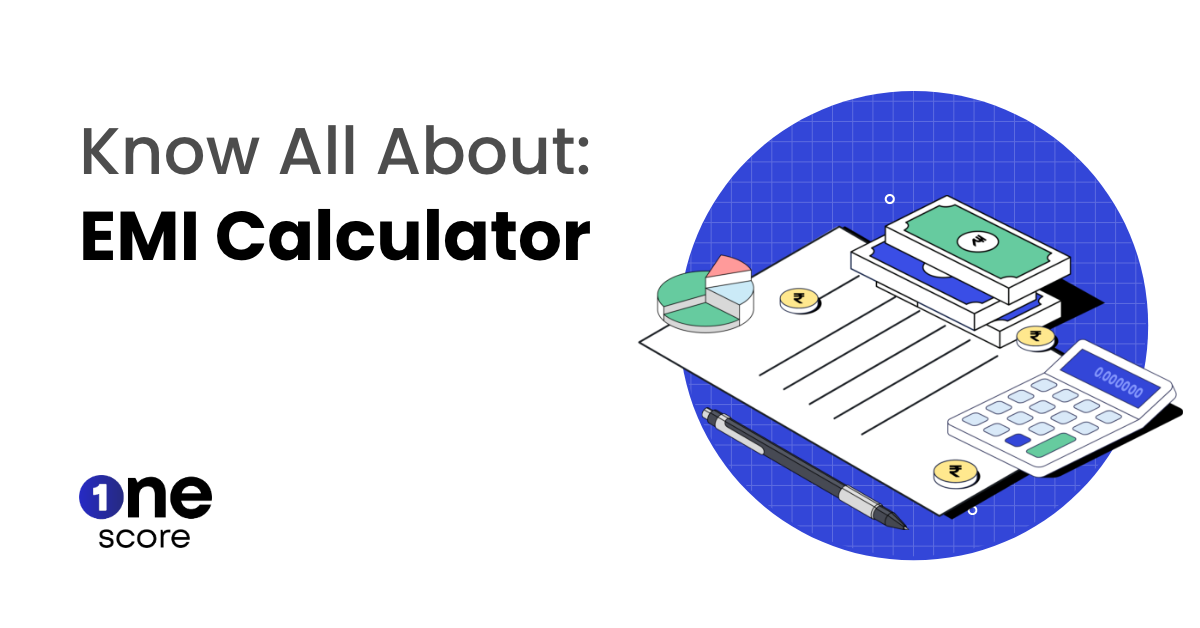
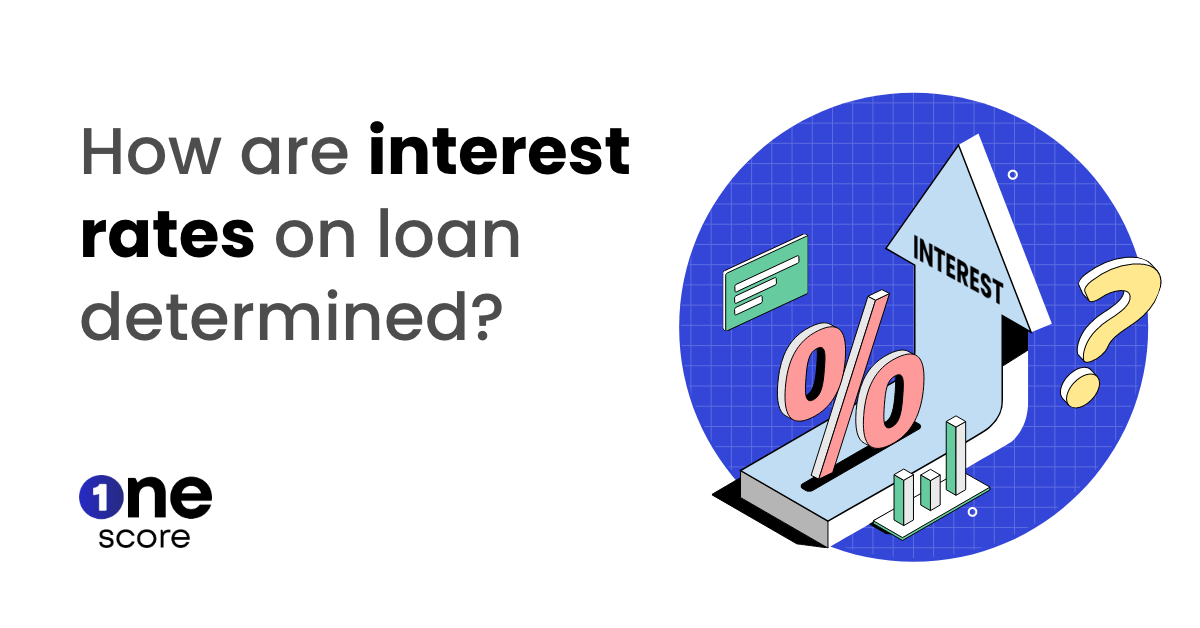
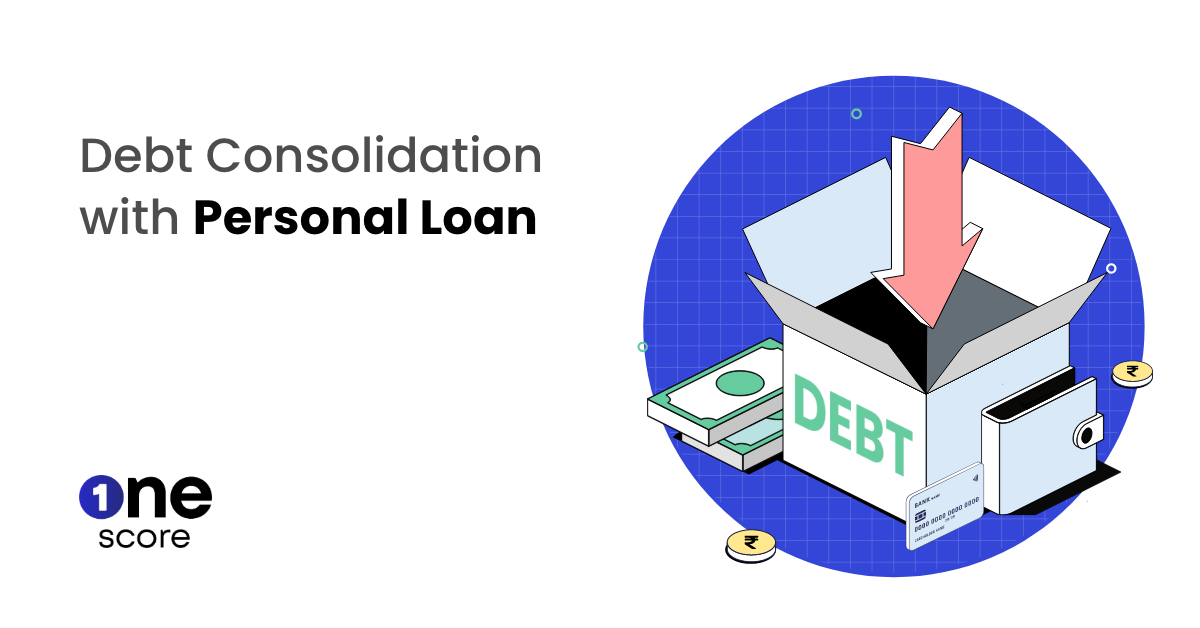
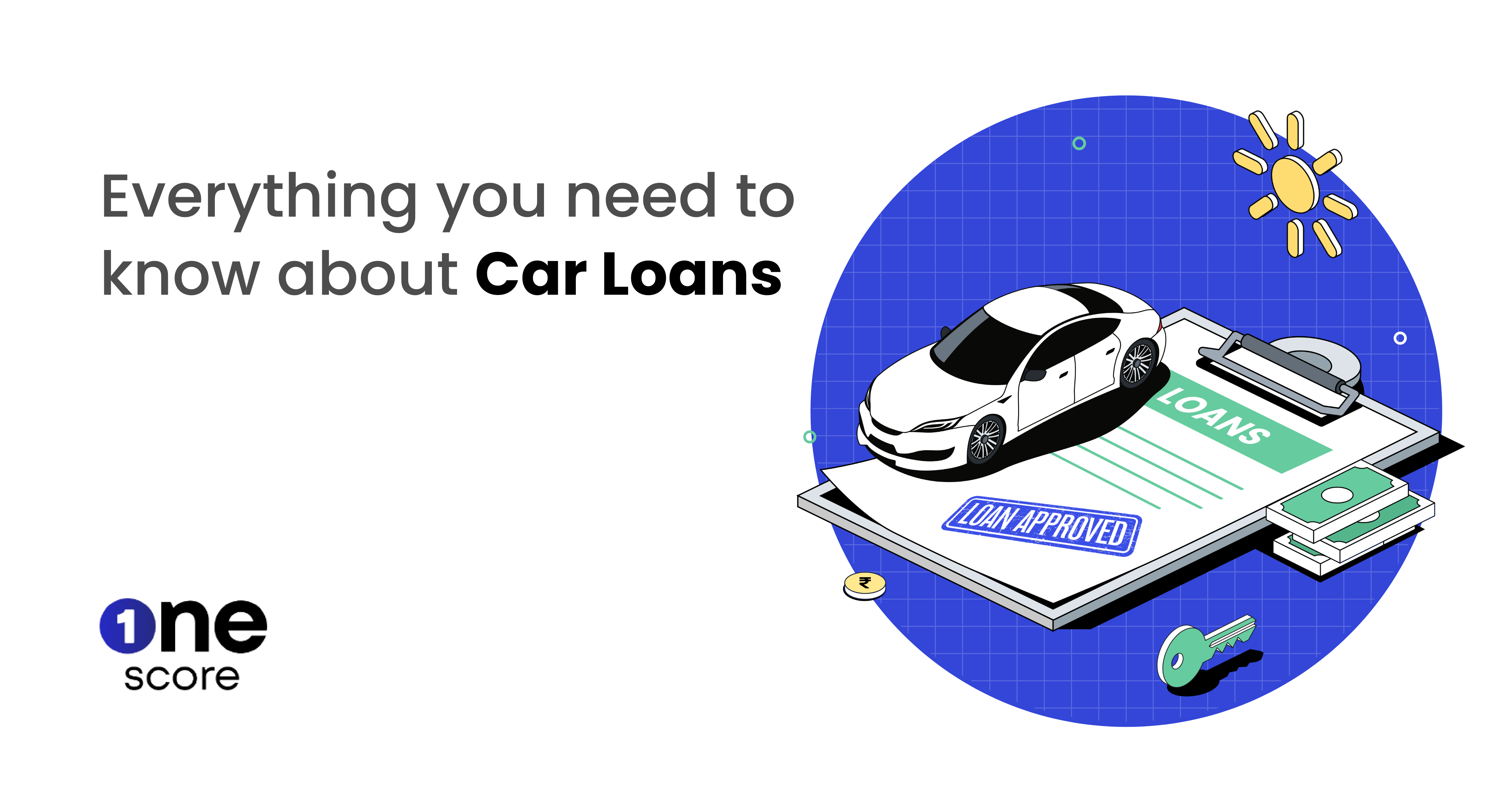
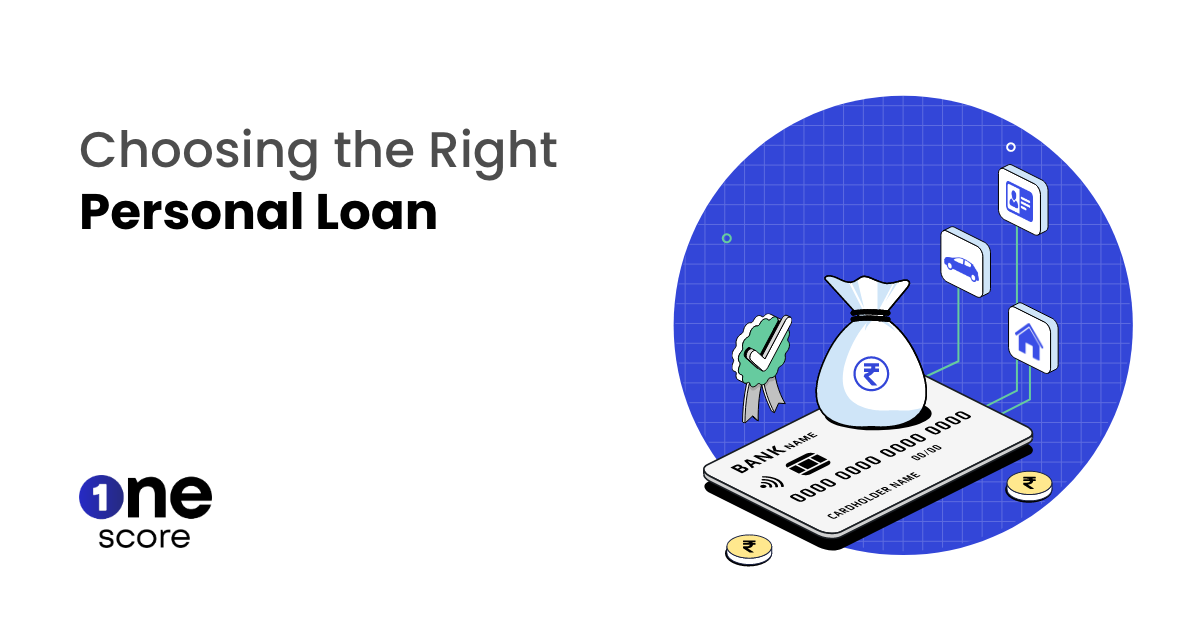
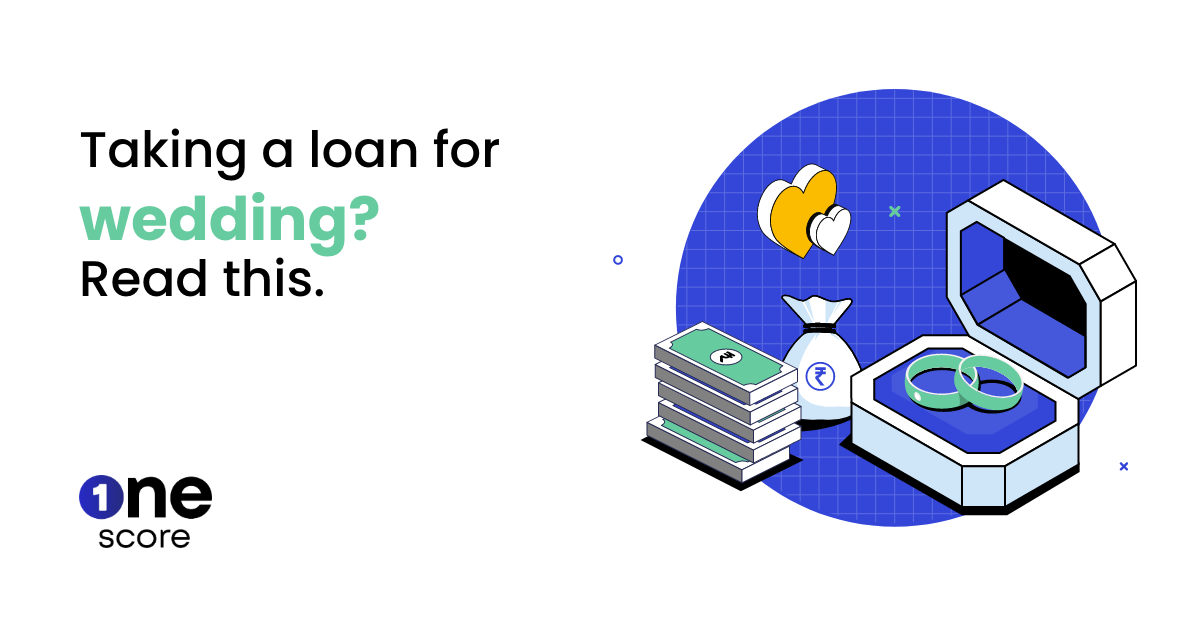
- OneScore , May 23, 2023

